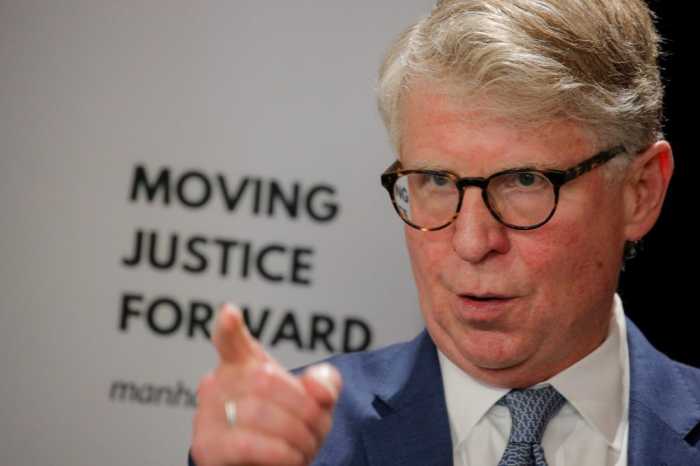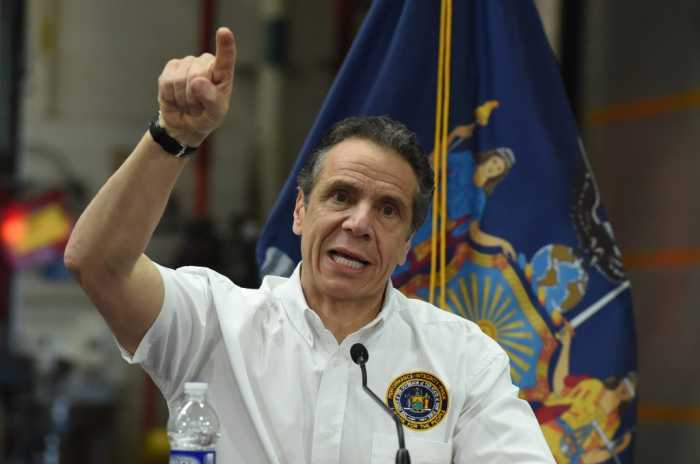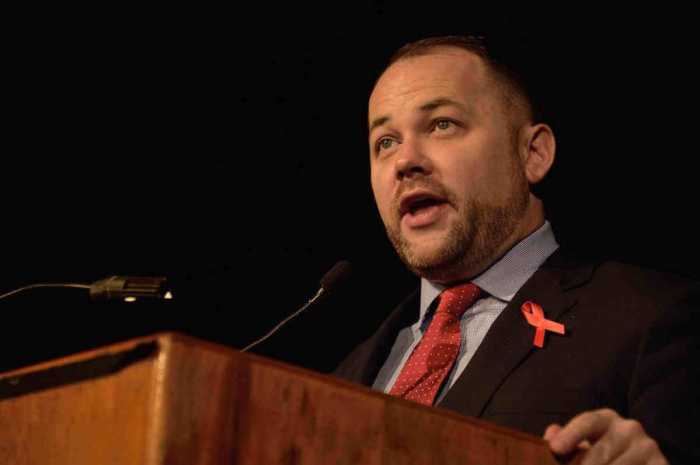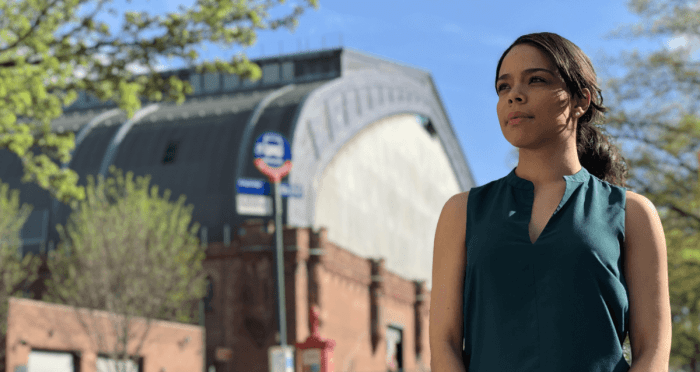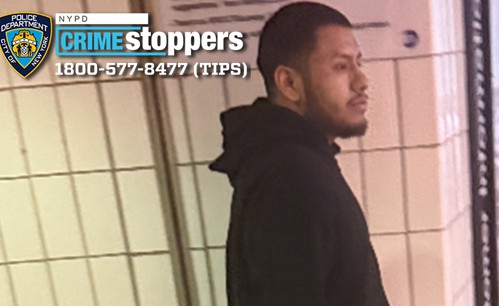In a mini-representation of the looming presidential election, opposing party candidates said everything they could to secure the vote from constituents in the homestretch to Election Day.
The heated virtual debate between Republican Candidate and Assemblymember Nicole Malliotakis (R-Staten Island, Bay Ridge) and incumbent Democratic Candidate U.S Rep. Max Rose (D-NY-11 District), with at least one mic cut from moderator Erroll Louis, was broadcast on Wednesday, October 14, and covered a wide-range of topics including the “attack ad” atmosphere that both candidates have fostered.
Malliotakis and Rose came out swinging, with Malliotakis standing firm in her “law and order candidate” persona that would stand up against the “socialist squad” and preserve “the American dream.” Rose often countered with an emphasis on being the American military veteran that is for “results first” and has worked on numerous bipartisan efforts. NY1 provided a fact check of the night’s debate.
Both candidates insisted that masks and personal protective equipment (PPE) were essential to beating back another wave of COVID-19 in Staten Island and Southern Brooklyn, but didn’t agree with mandating communities to wear them. Rose and Malliotakis also agreed that a vaccine wasn’t a political issue and actually needed to combat COVID-19 as well.
Similarly, both candidates didn’t support the second round of the $2.2 trillion Heroes Act Bill, Rose who voted against and Malliotakis who said she wouldn’t, but for distinctly separate reasons.
“I would vote against it simply because you see [Speaker of the House] Nancy Pelosi trying to jam ideological policies that have no place,” said Malliotakis. She said these “wishlist” issues, like bail reforms, had nothing to do with the COVID-19 crisis. “I think both sides need to come to the table for a tailored bill. It can be done. I have hope that it can be done,” said Malliotakis.
“It went to languish in [Senate Majority Leader] Mitch McConnell’s legislative graveyard for months,” said Rose, speaking about the first bipartisan stimulus bill he helped draft, “and it appeared that all these leaders were retreating to their parts and corners until I stood up and led a bipartisan effort to put forth a bold and nonetheless bipartisan COVID relief framework that had 1.5 to 2 trillion dollars.” Rose said the second bill was not reflective of that compromise and then criticized McConnell for not “demonstrating a willingness” to do anything.
Both candidates were present or associated with vitriolic and controversial protests this summer that seemed contrary to their stances on issues.
Rose said he attended a Black Lives Matter march in June on Staten Island that was peaceful with young men and women working with the police and calling for peace. Still, there was plenty of ‘Defund the Police’ and hateful signage towards law enforcement present. Rose did vote for the George Floyd Justice in Policing Act of 2020, but specifically came out against the strategy of defunding the police months ago.
“I’m the only person in this race who has put on a uniform, who’s bled for my country,” said Rose. “I would never defund the police.”
Malliotakis held a “Rally To Back The Blue” in July in Dyker Heights and Bay Ridge that, in one location, had immediately descended into physical fights with racist and sexist hate speech from some ‘Blue Lives Matter’ counter protesters toward Black Lives Matter protesters. Malliotakis physically was at the main rally on 86th Street and 13th Avenue in Dyker Heights advocating for police, but did not denounce the violence seen from attendees at the other location.
When asked at the debate, she deflected the issue back onto Rose’s links to anti-police rhetoric instead. Malliotakis did, however, go on to say she was for police reforms, such as the chokehold bill and the expansion of camera usage.
Rose tried to tie Malliotakis to property tax hikes to which she categorically denied. Legislatively she has consistently pushed for property tax reforms or caps, even though she was a part of President Donald Trump’s 2017 tax plan that limited state and local tax (SALT) deductions and consequently led to some increases.
“I’ve been at the forefront of the fight every time the Mayor comes to Albany to push him for a property tax cap after he has increased the levy over 50 percent since being in office,” said Malliotakis.
“I’m very proud of my bipartisan record,” said Malliotakis.
The wrap-up, lightning round towards the end of the debate was a tad more light-hearted with questions about the best pizza place or critique of Mayor de Blasio, and a reminder that early voting begins on Saturday, October 24 and the deadline to request an absentee ballot is Tuesday, October 27.



